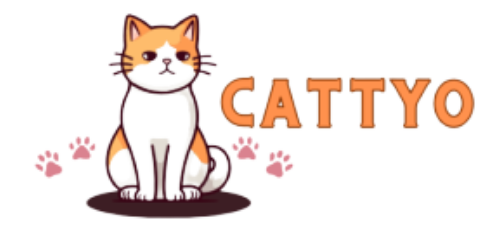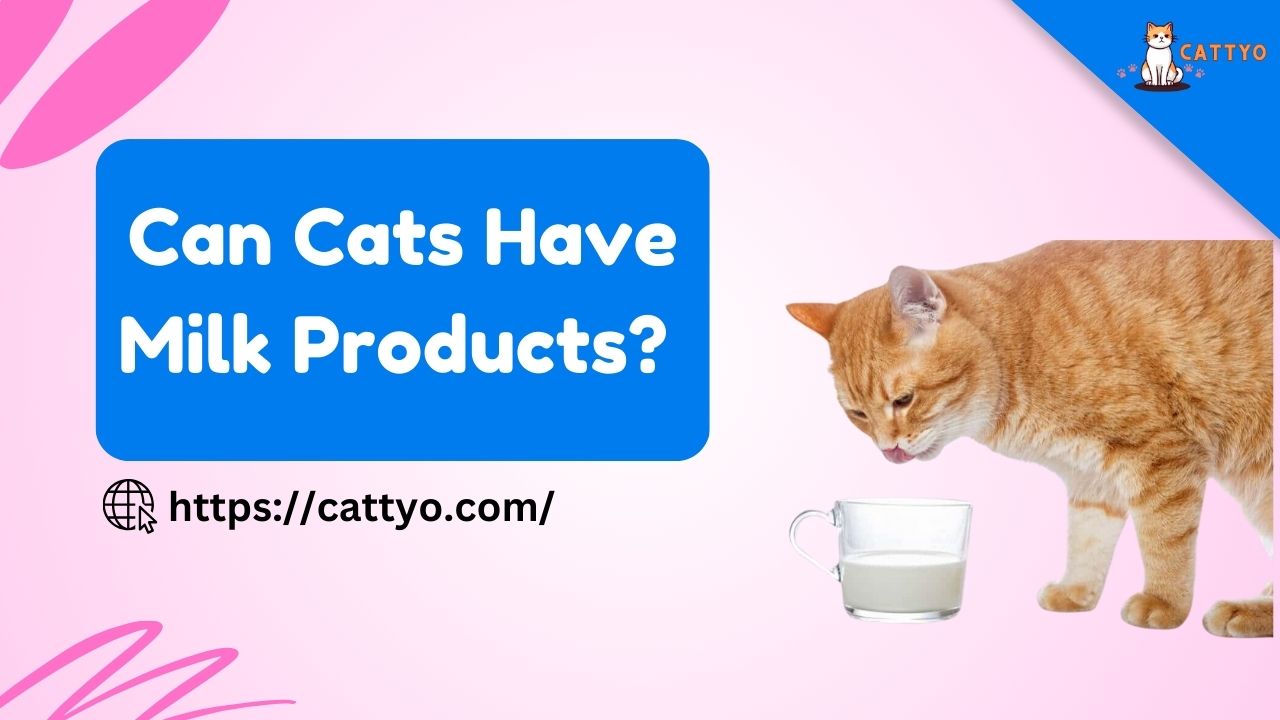As a cat owner, you’ve likely seen those charming depictions of cats sipping from a saucer of milk in cartoons and movies.
But is milk truly a treat your feline friend can enjoy? Or is it a potential risk to their health? If you’re wondering whether cats can safely consume milk products, you’re not alone!
This is one of the most common questions among pet parents. In this blog, we’ll dive into the science behind milk and cats, bust some myths, and answer all your burning questions on the topic.
By the end, you’ll have a clear understanding of whether milk products are safe for your cat—and how to treat your furry friend in the best way possible.
1. Can Cats Drink Milk?
This is the most common question, and unfortunately, it’s not as simple as “yes” or “no.”
While many cats enjoy the taste of milk, drinking milk isn’t safe for all cats. The main issue lies in lactose intolerance, a condition in which cats (like many adult mammals) cannot properly digest lactose, the sugar found in milk. When a lactose-intolerant cat consumes milk, it can lead to uncomfortable symptoms like:
- Diarrhea
- Stomach cramps
- Vomiting
Most adult cats, unlike kittens, lose the enzyme required to break down lactose after they are weaned from their mother’s milk. Therefore, it’s best to avoid giving your cat cow’s milk or dairy products containing lactose.
Expert Tip: If you want to give your cat a milk-like treat, look for lactose-free options specifically designed for cats. These are available in pet stores and are much safer than regular cow’s milk.
2. Why Do Some Cats Love Milk So Much?
If you’ve ever noticed your cat gravitating toward milk, it’s likely because of the taste and smell. Dairy products, especially creamy milk, are rich in fats, which are a major draw for cats. Cats are obligate carnivores, meaning their bodies crave high-fat foods. So, even though milk may not be the healthiest option, they’re instinctively attracted to it.
However, just because your cat loves it doesn’t mean it’s good for them. Just like with any treat, moderation is key. Overindulgence in any food (even tasty milk alternatives) can lead to obesity or digestive issues.
3. Are There Any Safe Milk Alternatives for Cats?
Yes! If your cat loves milk, you don’t have to deprive them entirely. There are plenty of safe milk alternatives that don’t contain lactose and are specifically formulated for cats. These alternatives are usually made with ingredients that are easier for cats to digest.
Look for the following alternatives:
- Lactose-free milk for cats: Available in most pet stores.
- Cat milk treats: These are designed to mimic the taste and texture of milk without causing digestive upset.
- Creamy cat treats: Some creamy treats may resemble milk, but they are tailored to a cat’s dietary needs.
Visual Suggestion: An infographic showing the differences between regular milk, lactose-free cat milk, and other alternatives would be great for readers.
4. Can Kittens Drink Cow’s Milk?
While adult cats often struggle with lactose, the situation is different for kittens. Kittens are able to digest their mother’s milk (or specially formulated kitten milk replacer) due to the presence of the enzyme lactase, which breaks down lactose. However, cow’s milk should never be given to kittens.
Why?
- Nutritional Imbalance: Cow’s milk doesn’t provide the right balance of nutrients for growing kittens. It lacks essential proteins, vitamins, and minerals found in mother’s milk or a proper kitten formula.
- Lactose intolerance: As mentioned earlier, many kittens are lactose intolerant as they grow older. Giving them cow’s milk can cause digestive problems later on.
If you find yourself caring for an orphaned kitten, it’s important to use a kitten milk replacer, which is specifically designed to meet their nutritional needs.
5. What Should You Do If Your Cat Consumes Milk and Gets Sick?
If your cat accidentally drinks regular milk or another dairy product, and you notice signs of distress (like diarrhea or vomiting), don’t panic. Here’s what you should do:
- Stop giving them milk or dairy products immediately.
- Hydrate your cat: Make sure they have access to fresh water to stay hydrated, as diarrhea can lead to dehydration.
- Monitor their symptoms: Mild cases of digestive upset may resolve within a few hours. However, if the symptoms persist or worsen, contact your vet.
- Consider a vet visit: If your cat appears lethargic, refuses to eat, or shows signs of severe distress, it’s best to consult your veterinarian.
6. What Are the Risks of Giving Cats Milk Products Regularly?
Offering your cat milk products on a regular basis can lead to a range of health problems. These include:
- Digestive issues: As discussed, most adult cats are lactose intolerant, which means drinking milk can upset their stomach and cause discomfort.
- Obesity: Milk is high in fat, and regularly feeding it to your cat could contribute to weight gain and obesity. Obesity can, in turn, lead to other health issues such as joint problems and diabetes.
- Nutritional imbalance: Relying too heavily on milk as a treat can crowd out more nutritious foods, leading to imbalances in your cat’s diet.
In general, treats (including milk substitutes) should make up no more than 10% of your cat’s daily caloric intake. Their main nutrition should come from a high-quality, well-balanced cat food.
7. Can Milk Be Part of a Balanced Diet for Cats?
Milk should never be a regular part of your cat’s diet. A cat’s ideal diet is primarily protein-based with a healthy amount of fats and minimal carbohydrates. High-quality cat food that is rich in animal proteins like chicken, fish, or beef will ensure that your pet gets the essential nutrients it needs.
If you’re trying to incorporate a treat like milk or any dairy product, make sure it’s lactose-free and doesn’t compromise the overall quality of their diet. It should remain an occasional indulgence rather than a staple.
Expert Tip: Always check the labels of any treats you give your cat to ensure they are specifically designed for felines.
8. Can Milk Help With Hydration?
While milk contains water, it’s not an ideal source of hydration for cats. Cats, especially those on dry food diets, need access to fresh water at all times. Some cats may drink milk thinking it’s a treat, but water should always be the primary fluid for hydration.
If your cat doesn’t seem to drink enough water, consider using a pet water fountain. Many cats prefer running water, and fountains can encourage them to drink more.
Final Words.
So, can cats have milk products? The short answer is: not regularly, and not unless it’s lactose-free. While some cats may enjoy the taste, milk is not the best treat for your feline friend.
Regular milk can cause digestive problems due to lactose intolerance and can lead to obesity if consumed in excess.
If you want to indulge your cat, consider lactose-free milk or specially made cat milk as an occasional treat.
Always ensure that their main diet is balanced, and never substitute milk for water. If you have any doubts about your cat’s health or diet, it’s always a good idea to consult your veterinarian for personalized advice.
Now that you have the answers, feel free to share your thoughts or ask more questions in the comments below! If you want to learn more about caring for your cat, don’t forget to sign up for our newsletter for expert pet tips.




